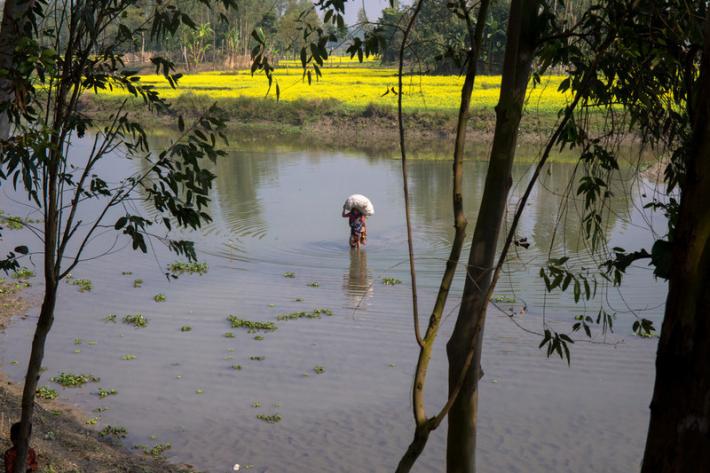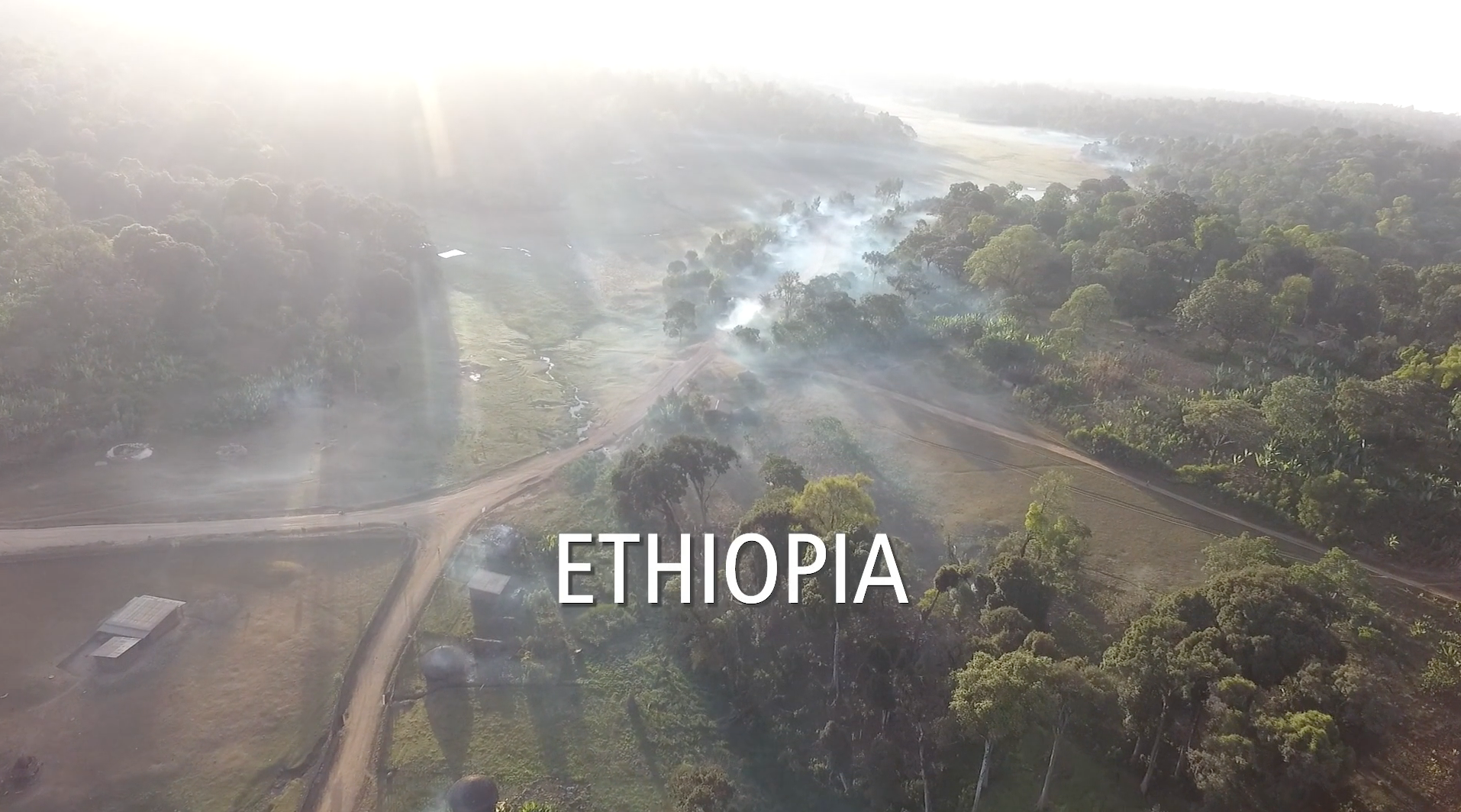Spotlight
A selection of resources from across the Federation

HIV Theory of Change
Our HIV Theory of Change is to clarify the goals and vision of IPPF’s HIV programme and to articulate the different pathways and strategies IPPF uses to contribute towards its HIV goals and vision.
Filter our resources by:


| 03 April 2019
Improving the quality and availability of post-abortion care in a humanitarian crisis
The world is facing stronger and longer natural disasters, protracted complex emergencies, conflicts and epidemics. These humanitarian crises can expose weakness in health systems, with particularly serious consequences for women and girls in need of reproductive health care. To improve the quality and availability of post‑abortion care during a flood, the University of Leicester and International Planned Parenthood Federation South Asia Region (IPPF-SAR), in collaboration with the Government of Bangladesh, developed and measured the impact of an integrated intervention package, called RHCC. First tested in a flood-prone area of Bangladesh, this novel approach includes: i) Pre-positioning medicines and supplies, using the UNFPA’s Inter-Agency Reproductive Health Kit 8; ii) Capacity building of service providers; and iii) Community awareness raising. Supported by IPPF's Innovation Programme, the project aligns with IPPF’s commitment to ensuring that crisis-affected populations receive timely, quality, life-saving, gender-responsive and inclusive sexual and reproductive health services.

| 26 November 2018
Watch: Bridging the Gap
Ethiopia is the second most populous country in Africa and the tenth most populous in the world. It is estimated that two-thirds of women do not have access to sexual and reproductive healthcare services. Our member association - Family Guidance Association of Ethiopia (FGAE) is bridging the gap between the need for healthcare and women by bringing services into the heart of the workplace across Ethiopia, a country where 47% of the workforce is female. FGAE currently provides services to over 125,000 people at sixteen large-scale workplaces across Ethiopia, from coffee plantations to textile factories.

| 24 July 2014
“Stigma is still my most serious challenge”
This publication shares the experiences of people living with HIV. Men and women from Ethiopia, Mozambique and Swaziland talk about HIV-related stigma and describe their courage, inspirations, suffering, resilience and determination to trigger change. Their stories demonstrate how stigma and discrimination can hinder access to vital support and care and the prevention, testing and treatment of HIV. National and international organizations working on HIV-related issues have an immense responsibility towards people living with HIV, to change the unjust reality revealed by these personal stories into a better one. We must increase our efforts towards ensuring everyone enjoys a dignified, stigma-free life – one where every human being is valued and free of discrimination.















